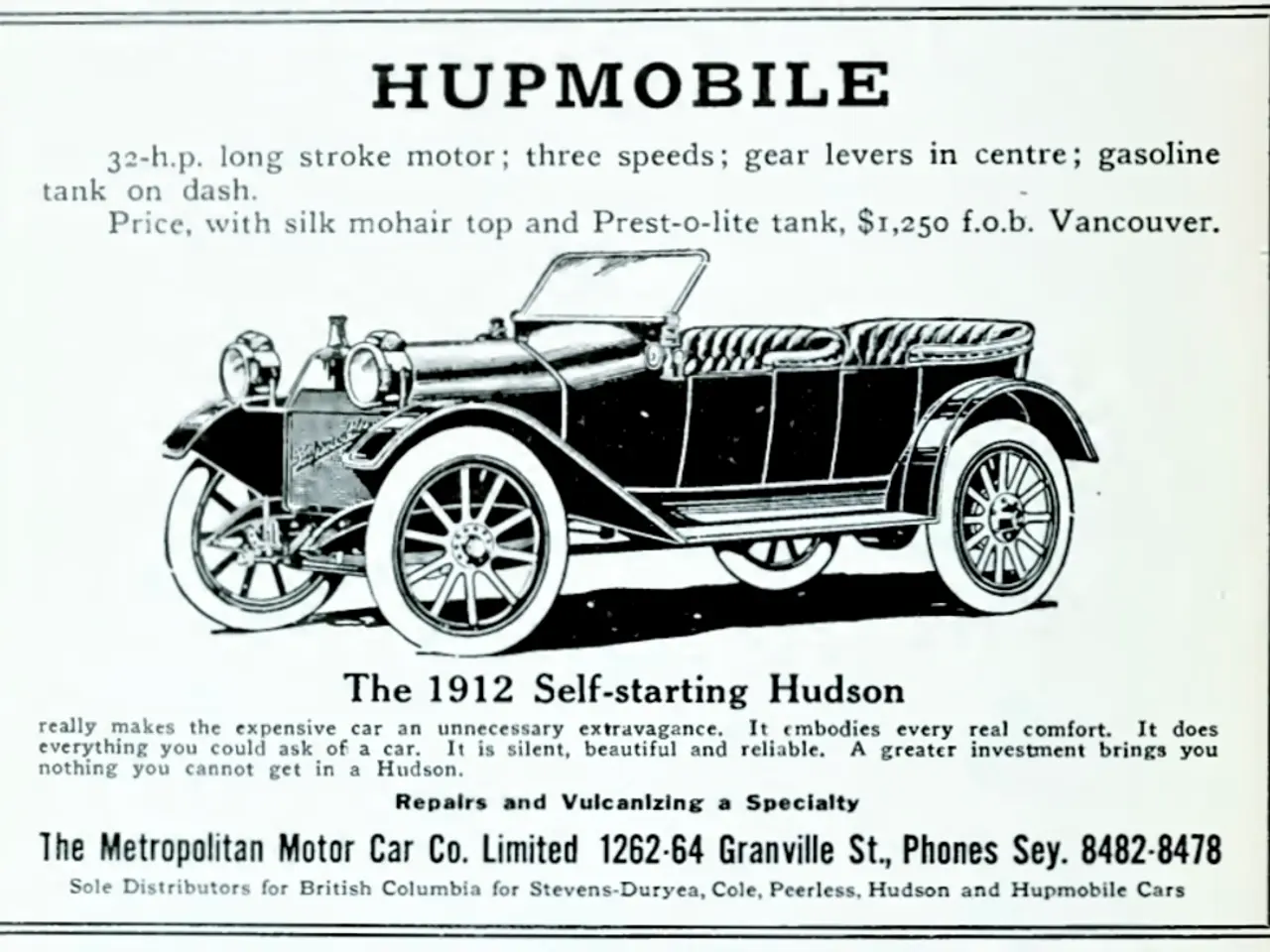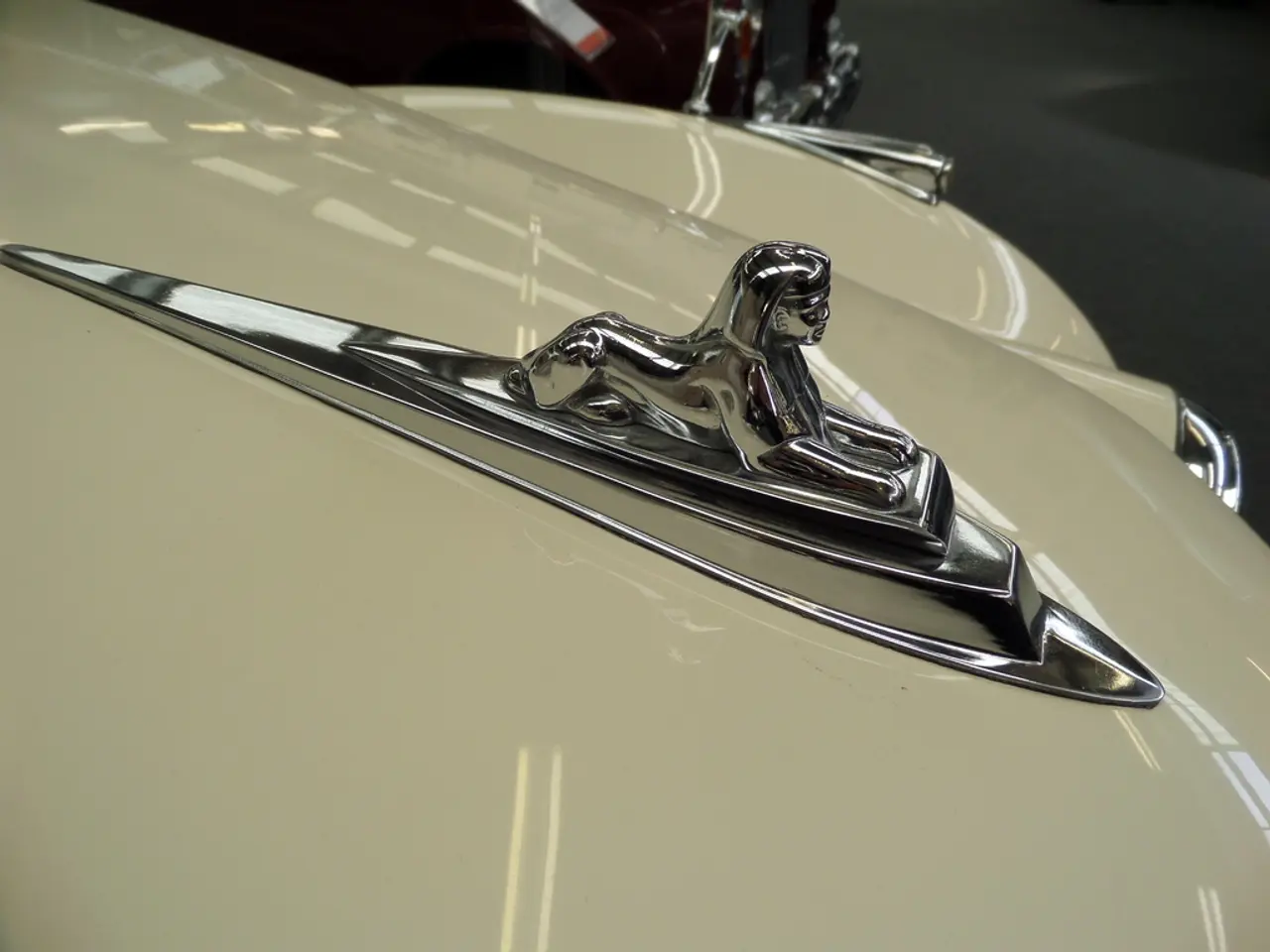Auto Operations Boost Profits for Top 6 Car Dealerships, Achieving All-Time High Q2 Earnings
In the automotive industry, fixed operations—the aftersales segment that includes parts and service sales—are playing a crucial role in the profitability of new-vehicle dealerships. These operations, which often contribute about half of a franchise dealership’s gross profit, while new-vehicle sales contribute just over a quarter, are proving to be a stable and predictable revenue stream.
This trend is evident in the latest financial reports of several major auto retailers. Penske Automotive Group reported a revenue of $792.7 million for its retail automotive parts and service business segment, an increase of 6.9% year over year for the second quarter. Rich Shearing, the executive vice president of North American Operations for Penske Automotive, reported that customer-pay gross profit is up 6% in the second quarter, and warranty is up 24%.
Lithia Motors, another leading player, reported a second-quarter revenue of $998 million in its aftersales segment, marking an 8.5% increase year over year. Bryan DeBoer, Lithia Motors' President and CEO, stated that new car sales are a means to reach high-margin businesses like financing, servicing parts, cars, and trucks. He also noted that 62% of Lithia Motors' net profit is generated from aftersales.
David Hult, Asbury's president and CEO, reported that same-store gross profit for the parts and service business is up 7% for the quarter. Asbury Automotive Group's parts and service revenue for the second quarter is $590.8 million, a 5.6% increase year over year. Hult mentions that switching DMS providers is a challenging task, especially for Asbury's more recent acquisitions. However, he notes that Asbury is investing in tools and technology to improve the efficiency and guest experience of its fixed operations business.
The focus on fixed operations is not just about revenue growth. It's also about maintaining customer loyalty. Fixed operations help maintain customer loyalty through service retention, a strategy that dealerships are increasingly embracing. To improve fixed operations efficiency and customer experience, dealerships are investing in technology, balancing service pricing strategies, and enhancing customer engagement and loyalty.
For the first half of 2025, Lithia Motors' aftersales revenue is $1.9 billion, up 5.4%, and Asbury's parts and service revenue is about $1.2 billion, up 3.5% year over year. The trend shows dealership leaders placing unprecedented focus on service departments as a stable profit center.
In summary, the second quarter of 2025 has seen a significant increase in fixed operations revenue for major auto retailers, underscoring the importance of this segment in maintaining profitability amid challenges such as tighter budgets, rising costs, and weaker new-vehicle margins. The trend towards high-tech investment in the aftersales segment is expected to continue, as dealerships strive to improve efficiency and the customer experience in service departments.
[1] Fixed operations critical to dealership profitability [2] Lithia Motors focuses on aftersales to boost profitability [3] Dealerships invest in technology to improve fixed operations [4] Asbury Automotive Group focuses on fixed operations for profitability [5] Fixed operations revenue up for the Big Six auto retailers
- Despite the challenges in the automotive industry, sports enthusiasts can still find a wide range of auto retail parts suitable for vehicles used in various outdoor activities.
- The changing weather patterns could potentially impact the service requirements and maintenance schedules of vehicles, requiring dealerships to adapt and adjust their fixed operations accordingly.








